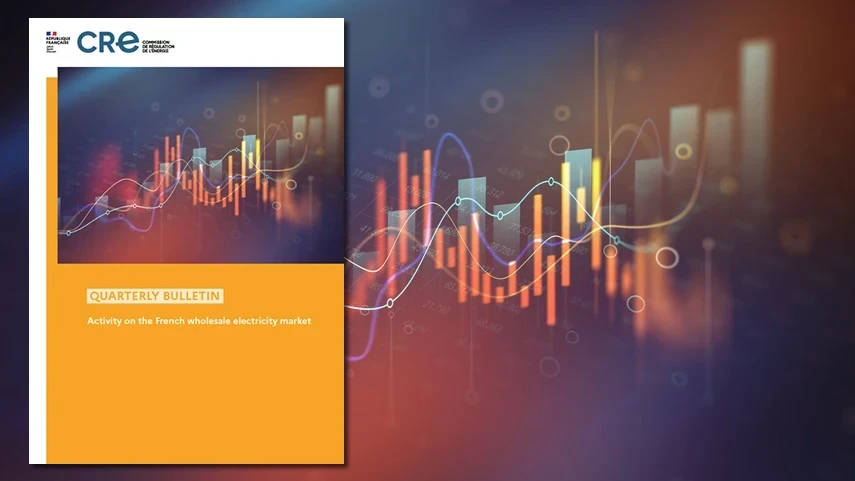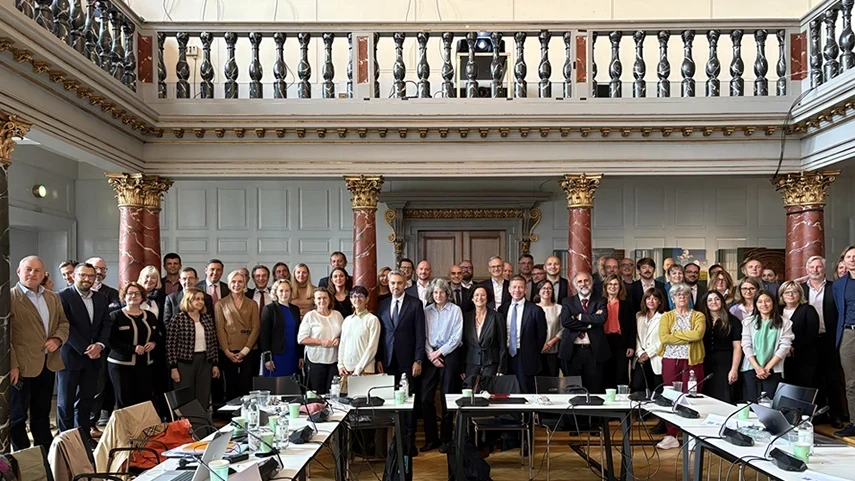CRE responds to the European Commission's legislative proposal on gas decarbonisation
News Gas
Published on

On 15 December 2021, the European Commission published a legislative proposal revising the Eu-ropean Union's rules on access to the gas market and networks. In line with the EU's 2050 carbon neutrality objective, these texts should facilitate the integration of renewable and low-carbon gases and prepare the emergence of a hydrogen market. CRE is publishing its response to the public consultation open until 12 April 2022 to share its analysis of the Commission's proposals.
CRE welcomes the European drive to decarbonise the gas sector, which is a major challenge both for the fight against climate change and for the EU’s energy independence. With this in mind, CRE is in favour of most of the proposed measures.
However, several measures, which are too detailed or excessively complex, risk introducing regulatory rigidity that would be detrimental to the initiatives of the stakeholders of the decarbonised gas sector. CRE advocates for a flexible approach that allows regulation to be adapted to the evolution of the renewable and low-carbon gas markets. The development of infrastructures and the rules for the use of networks must be adapted to the needs of producers and consumers, with a view to maximising the benefits for the community.
CRE’s main messages are the following:
- The integration of gas distribution networks into the entry-exit zones must remain optional, so that the renewable and low carbon gas support mechanisms already implemented in several Member States are not called into question.
- The tariff discount at transmission-storage points must apply to all gases and the full exemption from tariffs at interconnection points – inefficient and complex – should be abolished.
- Above certain thresholds, the injection of hydrogen into gas transmission networks affects the integrity of the gas infrastructure and the operation of connected customer facilities, and degrades the value of both hydrogen and methane.
- The regulation of hydrogen networks should be flexible and adaptable, allowing for the possibility of deviating from the model of ownership unbundling – as is already possible for electricity and natural gas – and systematic regulation of access to infrastructure, according to the degree of development of the market.
- Any hydrogen infrastructure project must address proven needs, so as to avoid stranded costs and assets. Thus, the objective of a European hydrogen market should not precede the emergence of national markets.
- On security of supply issues, Member States must have the necessary flexibility to ensure the robustness of their national system, which should be seen as a main feature at regional and pan-European levels.
- To effectively fight against methane emissions, national authorities should be given more flexibility, and priority should be given to the most effective measures. The rules for monitor-ing emissions, implemented at the level of transmission and distribution networks, must be pragmatic in terms of the frequency and scope of detection campaigns.



